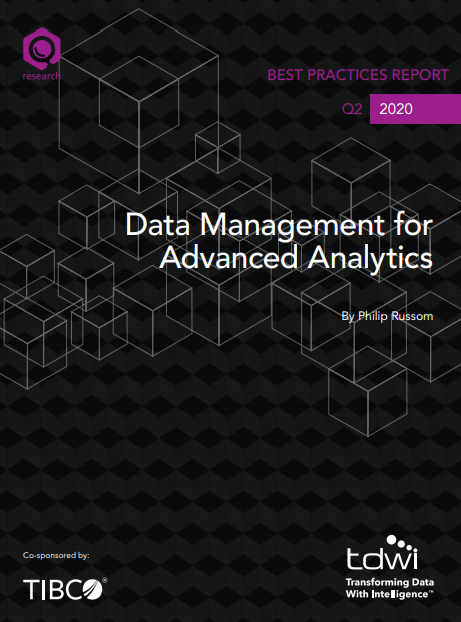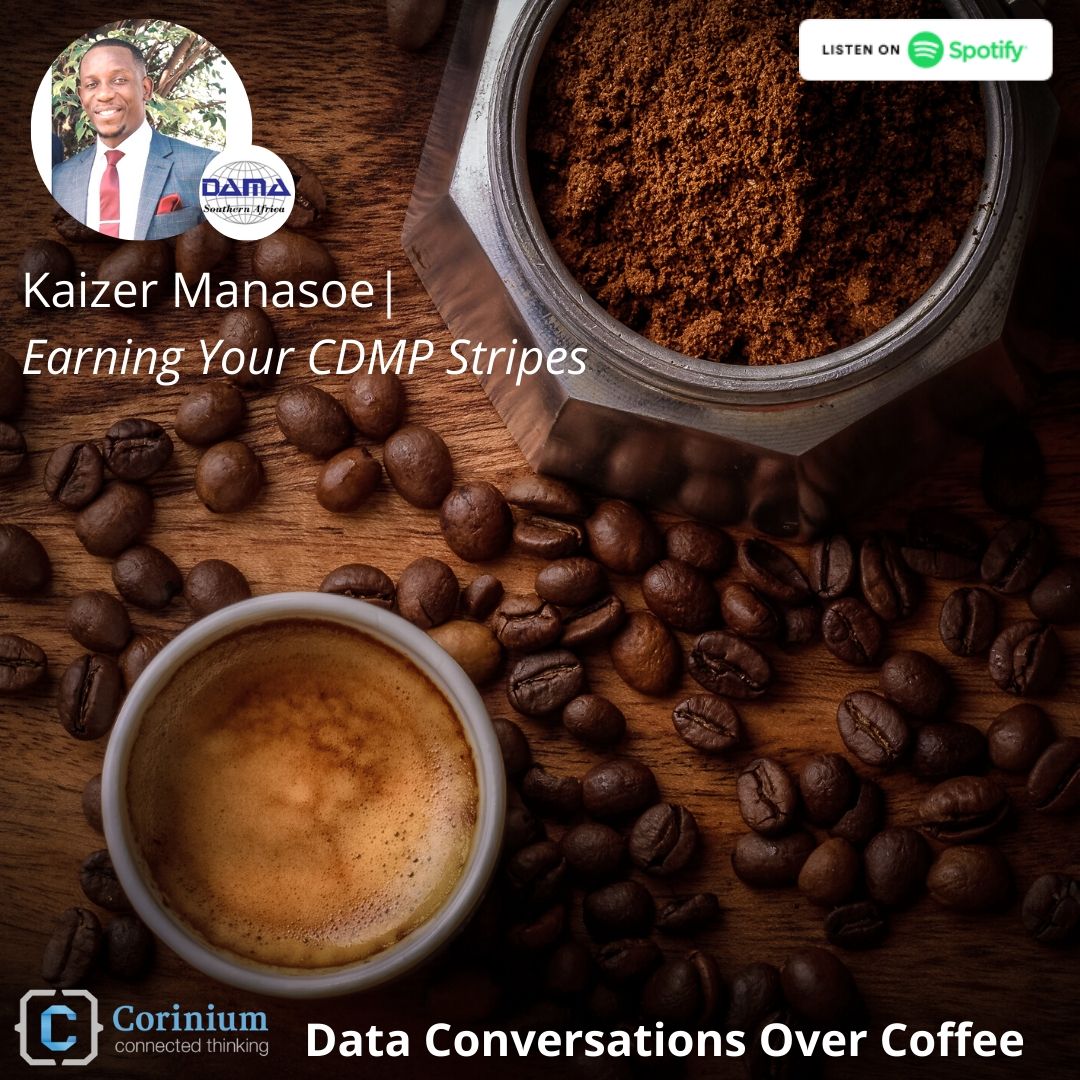Companies, globally, are being forced to change by a multitude of internal and external forces. Conflicting voices are shouting: We need to transform into a digital organisation! We need to become customer centric! If we don’t restructure into a shared service, we’re going to be losing money and efficiency!
With so much noise happening in an organisation, how does a CDO or CAO get heard to drive the change required to create a data-driven enterprise with trusted analytics?
In most companies, the person/department with the loudest voice and the most influence will ensure that their change program is driven to the top of the corporate agenda. CDOs and CAOs need to find their voice, amplify it and win the battle for the ear (and power) of the CEO.
The purpose of the work we do at Corinium is to provide data and analytics leaders with the tools required to be the loudest voice in their organisations. But not only the loudest – the most astute too.
CDOs and CAOs need to become Change Agents in addition to leading their departments.
5 Characteristics of a Change Agent
Any business/leadership literature will provide their opinion of what a Change Agent looks like or what a change management program includes. Possibly the most widely read and respected text on change is ‘Leading Change‘ by John Kotter. I’ve read the book and I highly recommend it for any of you who are responsible for driving change within your organisations.
However, having done some research I came across a blog post that I thought summed up what a Change Agent really is. It’s by no means the definitive guide but thoughtful and realistic. It’s geared towards change in schools and learning methodologies but it has relevance in most situations.
It’s the work of George Couros the author of ‘The Innovator’s Mindset.’
George lists the 5 Characteristics of a Change Agent as such:
1. Clear Vision – As mentioned above, a “change agent” does not have to be the person in authority, but they do however have to have a clear vision and be able to communicate that clearly with others. Where people can be frustrated is if they feel that someone is all over the place on what they see as important and tend to change their vision often. This will scare away others as they are not sure when they are on a sinking ship and start to look for ways out. It is essential to note that a clear vision does not mean that there is one way to do things; in fact, it is essential to tap into the strengths of the people you work with and help them see that there are many ways to work toward a common purpose.
2. Patient yet persistent – Change does not happen overnight and most people know that. To have sustainable change that is meaningful to people, it is something that they will have to embrace and see importance. Most people need to experience something before they really understand that, and that is especially true in schools. With that being said, many can get frustrated that change does not happen fast enough and they tend to push people further away from the vision, then closer. The persistence comes in that you will take opportunities to help people get a step closer often when they are ready, not just giving up on them after the first try. I have said continuously that schools have to move people from their point ‘A’ to their point ‘B’, not have everyone move at the same pace. Every step forward is a step closer to a goal; change agents just help to make sure that people are moving ahead.
3. Asks tough questions – It would be easy for someone to come in and tell you how things should be, but again that is someone else’s solution. When that solution is someone else’s, there is no accountability to see it through. When people feel an emotional connection to something, it is when they will truly move ahead. Asking questions focusing on, “What is best for them?”, and helping people come to their own conclusions based on their experience is when you will see people have ownership in what they are doing. Keep asking questions to help people think, don’t alleviate that by telling them what to do.
When that solution is someone else’s, there is no accountability to see it through. When people feel an emotional connection to something, it is when they will truly move ahead.
4. Knowledgeable and leads by example – Stephen Covey talked about the notion that leaders have “character and credibility”; they are not just seen as good people but that they are also knowledgeable in what they are speaking about. Taking the example of an educational institution, too many times, educators feel like their administrators have “lost touch” with what is happening in the classroom, and many times they are right. Someone who stays active in not necessarily teaching, but active in learning and working with learners and can show by example what learning can look like now, will have much more credibility with others. If you want to create “change”, you have to not only be able to articulate what that looks like, but show it to others. I have sat frustrated often listening to many talk about “how kids learn today” but upon closer look, the same speakers do not put themselves in the situation where they are actually immersing themselves in that type of learning. How can you really know how “kids learn” or if something works if you have never experienced it?
5. Strong relationships built on trust – All of the above, means nothing if you do not have solid relationships with the people that you serve. People will not want to grow if they do not trust the person that is pushing the change. The change agents I have seen are extremely approachable and reliable. You should never be afraid to approach that individual based on their “authority” and usually they will go out of their way to connect with you.
A Change Agent is NOT a Secret Agent
Sounds cool to be an agent, right? Being a Secret Agent sounds even cooler.
A Change Agent though cannot be a Secret Agent. A CDO or CAO looking to make a significant shift within their organisations needs to be visible. No clandestine meetings; no underground lairs filled with cronies. What’s required is a front-line fighter that people will listen to and follow.
By Craig Steward:
Craig Steward is the Content Director for Corinium’s CDO and CAO Forums in Africa. His research is uncovering the challenges and opportunities that exist for CDOs and CAOs and the Forums will bring the market together to map the way forward for these important roles. For more information contact Craig on craig.steward@coriniumintelligence.com







.jpg)

